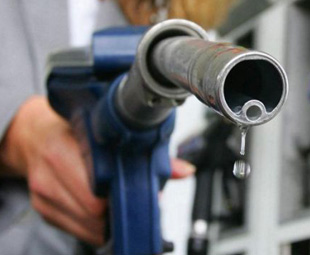The dangers of rising fuel prices

The battle to offset continuous escalations in fuel prices is placing significant pressure on South African companies that import goods from other regions. Penny Henley, logistics manager at Blue Strata – South Africa’s only integrated end-to-end import and working capital specialist – says importers are looking for ways to reduce costs by choosing cheaper alternatives.
“While sourcing cheaper options may be advisable in some respects, caution should also be exercised by importers,” Henley warns. “Choosing a logistics provider purely on the basis of price could place the company at severe risk.”
She adds: “Some transporters have been known to significantly undercut pricing in order to gain new business, with the prices being edged back up over time.” Alternatively, areas such as maintenance are cut back on, leaving the vehicles in an appalling state, which increases the risk of a breakdown.
“One route that companies can take to minimise the impact of rising costs is to ensure that transporters accurately adjust for any fuel surcharge.” Henley explains that most transporters have a base price with a fluctuating fuel surcharge on top of that.
However, some problems can creep in during this compensation exercise. “If an importer doesn’t understand how this fluctuating surcharge works, and how it can be accounted for, then a transporter could potentially increase it by too high a margin,” Henley points out. She adds that, as this isn’t a core part of a business, often importers don’t monitor these conditions and aren’t able to derive an accurate calculation on the surcharge.
But here is where Blue Strata can assist as the company monitors the costs charged by transporters, and any fuel surcharges imposed by them, to ensure that the rise is relevant.
Henley warns that if fuel prices don’t stabilise in the longer term, and increases are not managed effectively, alternative methods of transport (such as rail) may start to prove a viable consideration for importers. “The problem currently is that rail services simply aren’t reliable enough to ensure delivery on a specified date.”
But with that said, the difference in price between road and rail is starting to widen considerably as the fuel price continues to escalate. “It is becoming harder to justify the price difference between the two, and as a result, we may begin to see some businesses prepared to accept delays in return for a cheaper delivery cost.”
Published by
Focus on Transport
focusmagsa




